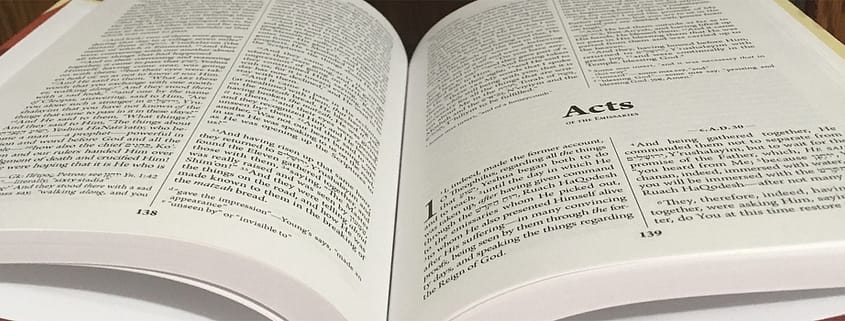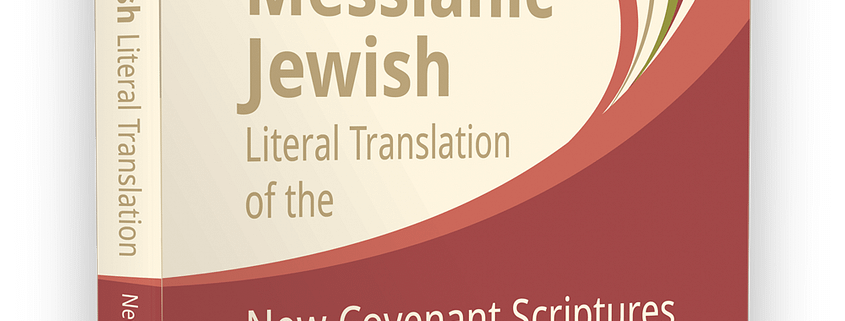Exploring the Book of Ya’aqov, Pt. 8
If anyone thinks himself to be devout—not bridling his tongue, but rather deceiving his heart—the devotion of this one is vain. Devotion pure and undefiled with the God and Father is this: to look after orphans and widows in their oppression, and to keep himself unspotted from the world. (יַעֲקֹב Ya’aqov 1:26-27, mjlt)
If you were truly devoted to God—if you were devout—how would you conduct yourself? What would you do? What does that mean? Does it mean that you would spend an hour each morning at dawn reading your Bible, praying, listening to music, and sipping Starbucks? Does it mean that you would be religious—regularly attending worship services, reciting the prayers or affirmations, and embracing the rituals, accoutrements and calendar of the established traditions?
But what if devotion is deeper than that? Simpler? What if true devotion has nothing to do with religion or “devotions” at all, but is instead about being consumed with God in every single thought, word and action? Read more











